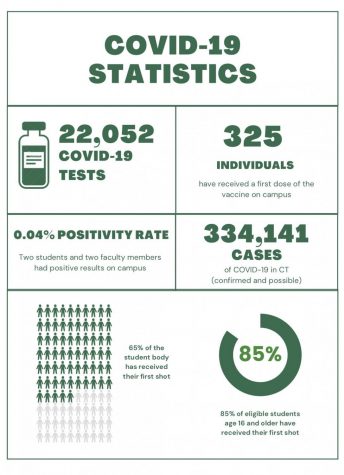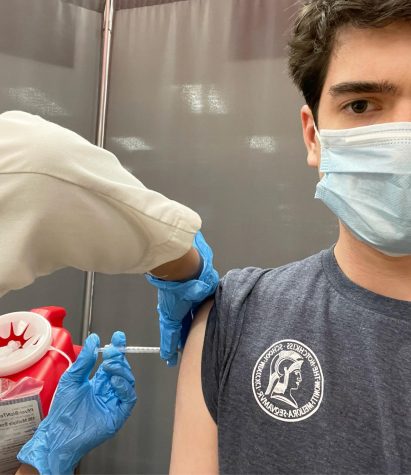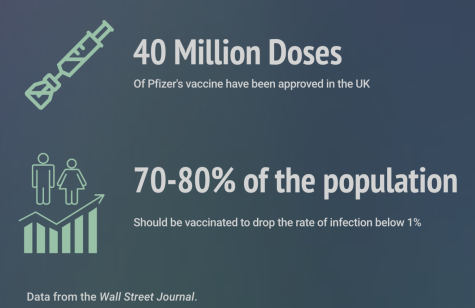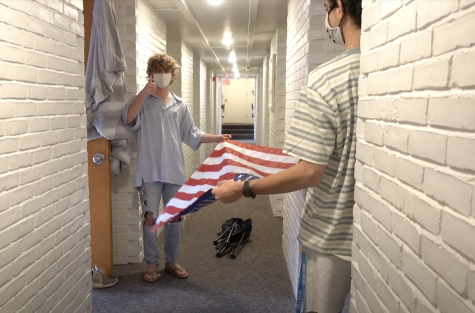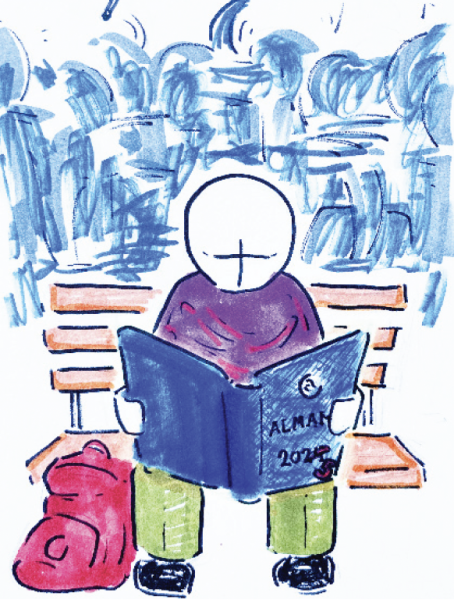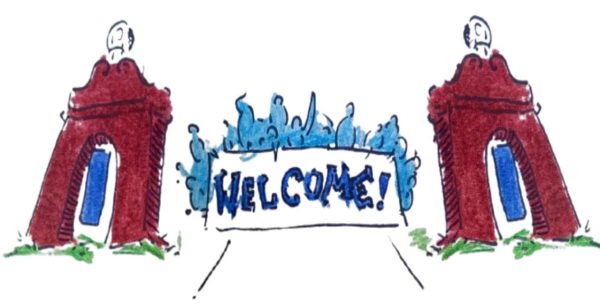Opinion: The Coronavirus is No Laughing Matter
While many celebrated the New Year around the world, medical staff in Wuhan, China alerted colleagues of an unknown coronavirus. Three weeks later, the Chinese government quarantined the entire city of Wuhan’s population. Since then, many other major cities in China have been restricted to varying degrees, from the closing of certain highways to total bans on movement in and out of affected areas.
The coronavirus has launched parts of the globe into a frenzy of paranoia. Notably, a rise in anti-Chinese sentiment and xenophobia has swept social media. The virus is undoubtedly a serious issue, but we must not succumb to scaremongering and promoting bigotry and racism against those affected by it.
Some commentary in the international community on China’s management of the crisis in Wuhan has been tinged with xenophobia. Opinion pieces in the Wall Street Journal and the New York Times have blamed the Chinese government for the spread of the virus.
Some criticism of the government is warranted – local officials did fail to punctually warn Wuhan citizens at the beginning of the crisis. However, pointing fingers at a system of government for an unforeseeable sickness encourages the mistaken beliefs of individual bigots and racists. Their comments about the goverment’s actions cannot be separated from their general bias against Chinese people.
Similarly to how President Trump’s refusal to condemn white supremacists in Charlottesvillle revitalized them, these articles motivate racists who act with bias against Chinese people, from microaggressions like avoiding Chinese in public transportation to vandalising Chinese stores and refusing to work with Chinese businesses.
Social media has also provided a platform for the worst kinds of racism towards Chinese to proliferate; toxic claims such as “they [the Chinese] deserved it” and that the virus is “karma” are pervasive. In particular, jokes and memes about the coronavirus have permeated platforms like Instagram and TikTok.
These memes have a potentially damaging impact on some of our peers, who may have friends or family suffering because of the outbreak and accompanying measures to contain it. For instance, during a meeting hosted by Triple A on January 31, one student from China expressed concerns that they will not be able to return home for Spring Break.
A recent ban on flights to and from China by many airlines may leave some of our peers in limbo: stuck in a foreign country with no place to stay, missing family at home. Hurtful memes rampant on our campus may exacerbate the immense emotional burden of students whose families are trapped in quarantine zones.
I myself learned this lesson the hard way when I showed my friend a meme about the outbreak and saw the pain on their face. They told me they had close relatives in quarantine, and I didn’t have to ask to know how terrified they were for them.
While I understand that people may believe that some jokes are appropriate (for humor is a natural coping mechanism during troubling times), we have to be careful about what kinds of jokes we spread and consider the damage they might inflict.
Xenophobic and racist posts with broad generalizations about ethnic groups, such as comments depicting Chinese as universally barbaric or accusing them of “dog-” or “bat-eating,” should never be promoted. Remember that real people are suffering from the consequences of the coronavirus – including your peers and their families and friends. Let’s support them in this difficult time and make them feel safe in our community.


